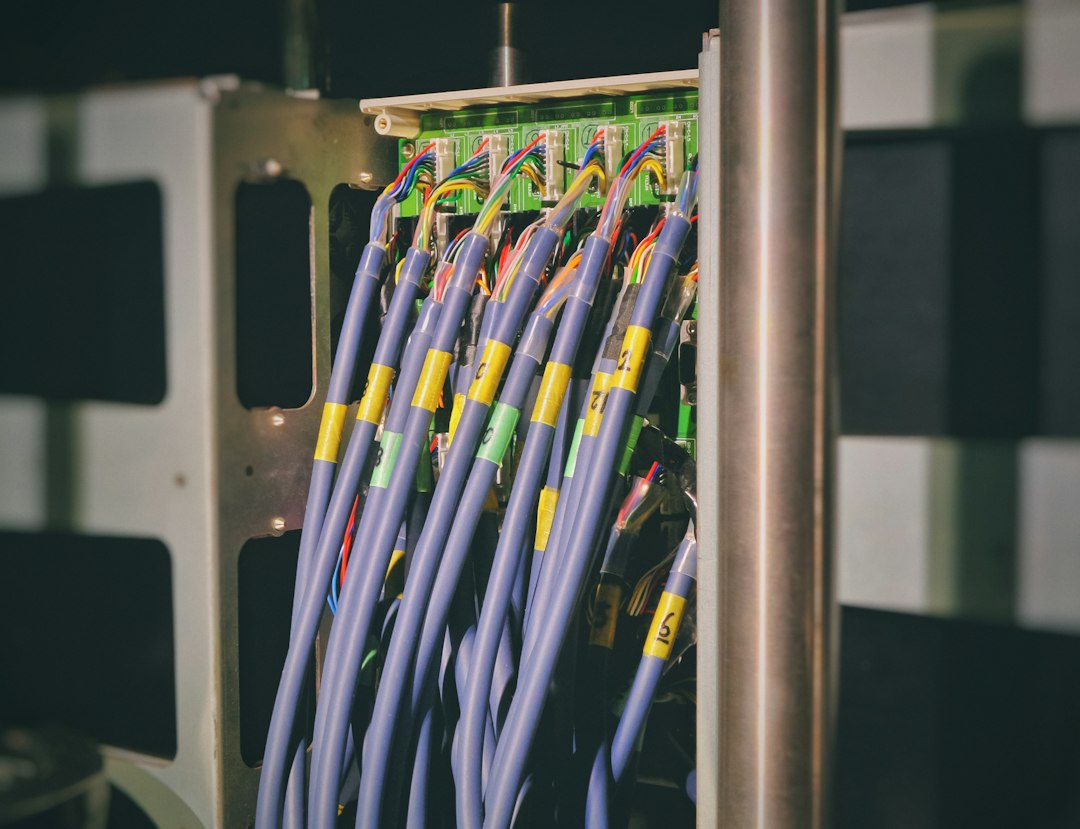The Pros and Cons of Social Media: Is It Taking Over Our Lives?
Social media has become an integral part of our lives, with billions of people around the world using platforms like Facebook, Instagram, Twitter, and Snapchat on a daily basis. It has undoubtedly changed the way we connect, communicate, and share information. However, its ever-increasing presence begs the question: is social media taking over our lives? Let’s explore the pros and cons of social media to gain a deeper understanding of its impact.
On the positive side, social media has revolutionized communication. It allows us to connect with friends and family across the globe effortlessly. Distance is no longer a barrier, and we can share moments, thoughts, and experiences in real-time. Moreover, social media provides a platform for marginalized communities to find support and empowerment. It has become a powerful tool for organizing social movements and raising awareness about crucial issues.
Additionally, social media opens doors for new opportunities. It has become a go-to platform for job seekers, freelancers, and entrepreneurs. Networking and professional development can be easily achieved through online communities and groups, leading to career advancements and business partnerships. Furthermore, social media influencers have turned their online presence into lucrative careers, using their platforms to promote products and services to a large audience.
Furthermore, social media enables us to stay informed about current events and discover alternative perspectives. Traditional media outlets often cater to specific viewpoints, but on social media, we have access to a vast range of opinions and narratives. This diversity of information can broaden our understanding of global issues and spark important discussions. Social media serves as a virtual town square, where ideas meet and evolve.
However, despite the advantages, there are significant drawbacks to consider when it comes to social media. One of the most concerning consequences is the addictive nature of these platforms. The constant need to check notifications and stay engaged can lead to decreased productivity, sleep deprivation, and even mental health issues such as anxiety and depression. The fear of missing out (FOMO) can take a toll on our mental well-being, as we compare our lives to the curated highlight reels of others.
Moreover, the privacy concerns associated with social media platforms cannot be ignored. Our personal data is constantly being gathered and analyzed for targeted advertising purposes. This raises ethical questions about the manipulation of consumer behavior and the violation of privacy rights. In addition, the widespread sharing of personal information can leave users vulnerable to identity theft and cyberbullying.
Furthermore, social media has also been criticized for its impact on social interactions. While it has connected us virtually, some argue that it has led to a decrease in genuine face-to-face interactions. Instead of having meaningful conversations, we often resort to likes, comments, and emojis to express our thoughts and emotions. This can contribute to feelings of isolation and loneliness, despite being part of a large online community.
In conclusion, social media has both positive and negative effects on our lives. It has revolutionized communication, opened doors for new opportunities, and created platforms for marginalized communities to stand together. However, the addictive nature, privacy concerns, and impact on social interactions cannot be overlooked. It is essential to find a balance between the benefits and downsides of social media usage. We must consciously limit our screen time, protect our privacy, and find ways to engage with others genuinely beyond the virtual world. By doing so, we can ensure that social media remains a powerful tool for connection and empowerment, rather than taking over our lives.

